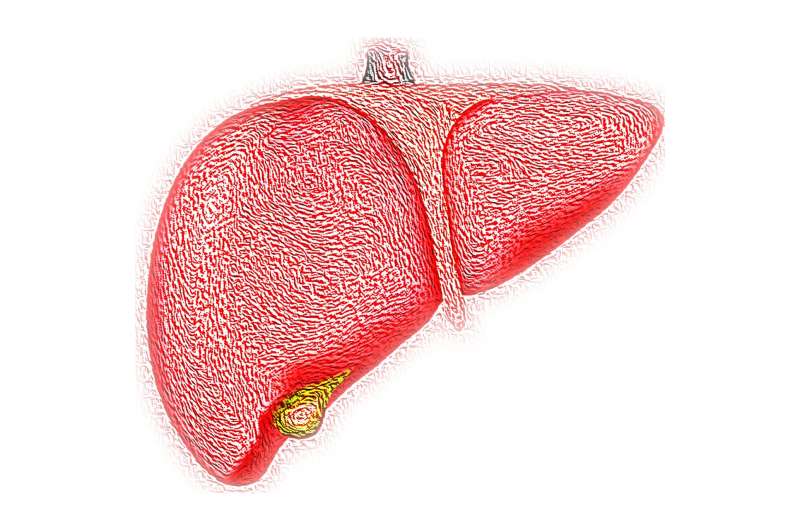
A new study from Keck Medicine of USC reveals that Black recipients of liver transplants have lower post-transplant survival rates than white or Hispanic patients.
When examining data from the last two decades of all liver transplant recipients in the United States, Brian P. Lee, MD, MAS, a hepatologist and liver transplant specialist with Keck Medicine, and his colleagues discovered that during the entire study period of 2002-2018, Black patients had, on average, a 15% higher chance of dying after a liver transplant than white or Hispanic patients. And from 2017-2018, they had a 60% higher chance of dying after a liver transplant than white recipients of liver transplants. The survival gap between Black patients and white patients increased with the number of years post-transplant.
The findings persisted even after the researchers statistically adjusted the results for a number of demographic and health factors, including where a patient lived, their insurance type, if they had diabetes and severity of liver disease.
Additionally, the study found that Black recipients had a higher severity of liver disease at the time of transplant and tended to die more often from acute or chronic organ rejection than white patients.
“We were very surprised by these results because almost 20 years ago, a landmark study showed that Black patients who underwent liver transplants had lower post-transplant survival rates than white and Hispanic patients, and since then, the field has made numerous interventions to try to narrow the gap,” said Lee. “It is eye-opening that not only does this disparity still exist, it’s gotten worse.”
In comparing the results of the new study with the landmark one of 20 years ago, researchers discovered that the survival gap initially narrowed between 2002-2009, was unchanged in 2010-2013, and then worsened from 2013-2018.
When searching for the reasons behind the study findings, researchers discovered two modest—but significant—factors in the disparity between the outcomes of Black and white patients.
The first was alcohol-associated liver disease—liver damage as the result of heavy alcohol consumption before the transplant.
“The proportion of alcohol-associated liver disease among Black liver-transplant recipients almost doubled from 2002-2005 to 2014-2018, outpacing a 36% relative increase in the disease among white liver-transplant recipients,” Lee said. In addition, Black liver-transplant recipients with alcohol-associated liver disease had a lower survival rate than white liver-transplant recipients with alcohol-associated liver disease.
The second biggest factor was the type of insurance the patient had. Black recipients were more likely to be insured through Medicaid rather than private insurance when compared to white patients. Liver recipients with private insurance had higher survival rates than those with Medicaid.
For the study, researchers analyzed data from the United Network for Organ Sharing registry, which tracks all organ transplants in the United States. They studied the post-transplant life expectancy of approximately 47,000 Black, Hispanic and white liver transplant recipients between 2002 and 2018, the last year for which adequate survival data is available. Black patients were identified as non-Hispanic Black and white transplant recipients as non-Hispanic white.
Lee hopes the study will encourage further research into how issues such as alcohol use and social determinants of health affect organ transplant outcomes.
“Our findings are a huge wake-up call that physicians and other health care professionals need to do better in delivering equitable care,” said Lee. “Hopefully we can begin to invest in interventions that acknowledge previously undiscovered causes of inequity that will successfully narrow the disparity gap in liver transplant survival rates.”
Norah Terrault, MD, a Keck Medicine gastroenterologist and division chief of gastroenterology and liver diseases at the Keck School of Medicine of USC, and Jennifer Dodge, MPH, an assistant professor of research medicine and population and public health sciences at the Keck School, were also study authors.
Source: Read Full Article
